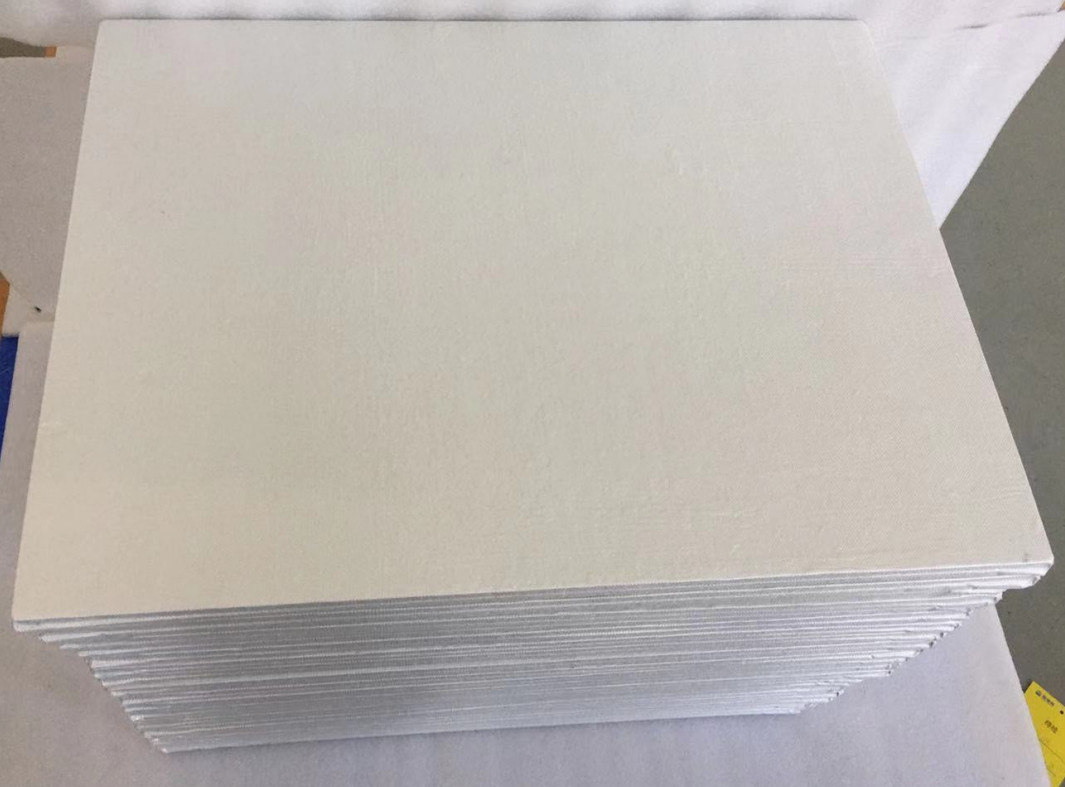ITALY: Commercial refrigeration manufacturer Epta has joined VICORPAN, a European project aimed at reducing CO2 emissions and increasing the recyclability of refrigeration appliances that use vacuum insulation panels.
Co-funded by the EU, the VICORPAN project (Demonstration of energy efficient and recyclable VACUUM improved INSULATION by CORE shaped PANELS for refrigerators) seeks to reduce CO2 emissions and facilitate the recycling of refrigeration appliances that use vacuum insulation panels with open-cell foam, produced from natural and/or recycled materials such as polyurethane. Medicine Transport Boxes

Epta is collaborating on the project with foam insulation technology companies Cannon Afros and BASF Polyurethanes.
The environmental target of the project is to improve the energy efficiency of cold appliances by reducing up to 12% on the commercial application and up to 17% energy consumption on the domestic application, concerning the best-in-class appliance A++ and beyond that are available today.
The moulded open-cell polyurethane insulation panel design being pursued is seen as a way of enhancing the sustainability and overcoming the limitations of the vacuum insulated panels containing fibreglass that are currently used in the refrigeration industry.
As well as reducing energy consumption in commercial refrigeration significantly, the open-cell polyurethane foam panels would reduce the environmental impact of the insulation both at the assembly stage and during the entire life cycle of the solutions, including their end-of-life recycling.
Weight would also be reduced from 300g/m3 to about 50g/m3 compared to the VIPs currently in use.

vacuum as insulation The project, which is still in the pre-industrial, prototyping phase, will also test VIPs with organic porous fillers, such as rice husk, cereal straw and sugarcane bagasse, to measure their potential to reduce the carbon footprint, for a 100% natural solution.